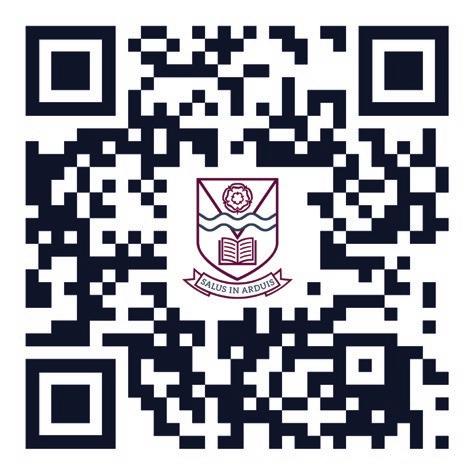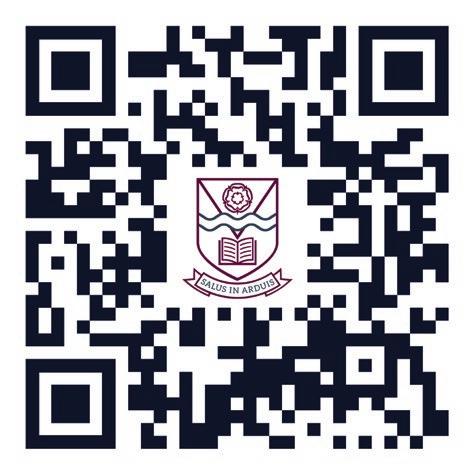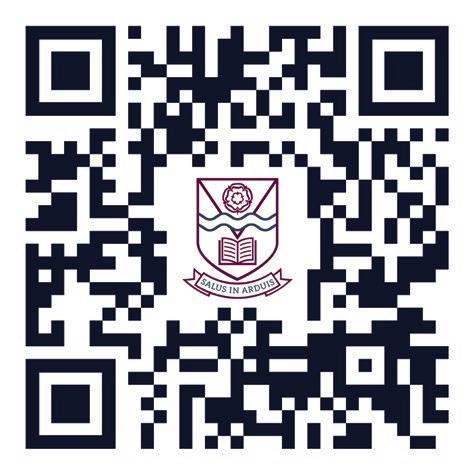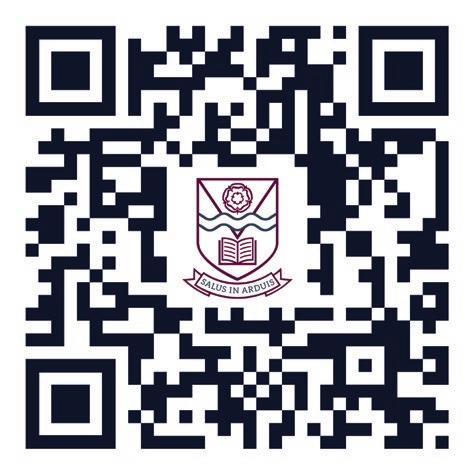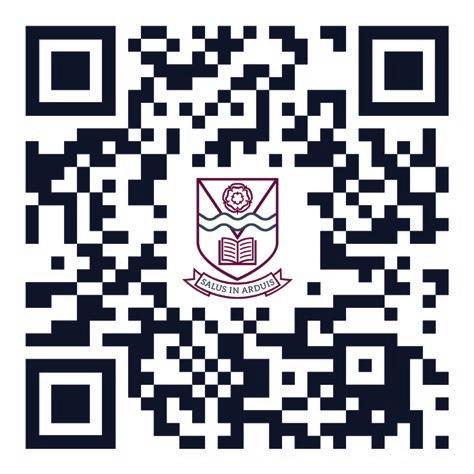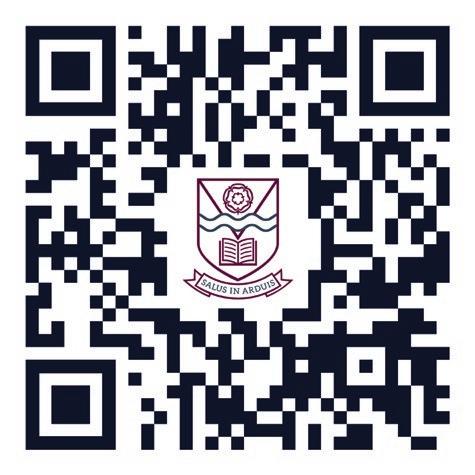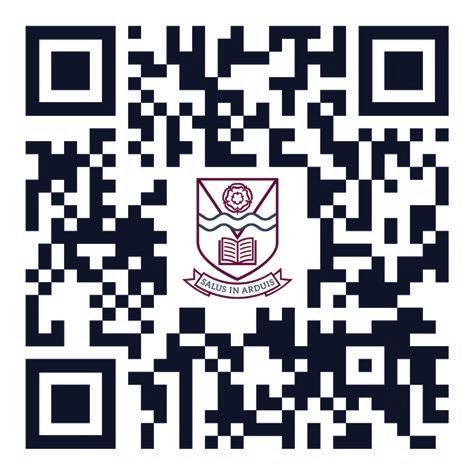
2 minute read
Business
Exam Board and Syllabus: AQA
What will I study?
This course is designed to focus upon the dynamic nature of the contemporary business world, provide research opportunities into topical business issues, and develop an understanding of relevant business concepts and theories and apply them to a range of real world scenarios. This course will teach the awareness that economic and business behaviour can be studied from the perspective of a range of stakeholders - customers, managers, shareholders, employees, government and society as a whole. It will also allow you to acquire the ability to make decisions in the light of evaluation, quantification and the management of economic and business information. Through the examination of business and economic theory, work is then applied to real business examples and case studies, to analyse and evaluate impact and effects. A diverse range of topics are covered, including but not exhaustive; business structures, marketing, operations, finance and accounts, political/ legal/technological/social environment, HR, strategy and how these relate to small through to global businesses.
What are the recommended entry requirements?
A minimum of Grade 5 is required in GCSE Mathematics and English Language. You are expected to keep abreast of current affairs and be able to relate these to business theories and use in context in exams. It is important that you have a lively and enquiring mind, an interest in business and economic affairs and a desire to explore new ideas and communicate them effectively.
Exam Board: AQA Assessment: 100% Written Examination (Divided into 3 papers) Gemma Scott, Head of Business
How will I be assessed?
The Business A Level is a linear course and is assessed externally at the end of the second year of the course with three exam papers each worth 33% consisting of extended answer essays and case study questions. The transferable skills underpinning these units include: calculations, interpreting and analysing data, making and presenting arguments, making and justifying business decisions, identifying problems and proposing solutions, recognising that a problem exists, conducting research and challenging assumptions.
Where might I go next?
Higher Education
The course provides students with the knowledge to move onto a range of higher education courses. There are many opportunities available to specialise in particular areas of business such as PPE, international business, business analytics, management, marketing, accountancy/ finance or HR.
Employment
The subject is extremely useful for many careers, including Law, Land Management, Business, Accountancy and increasingly a wide range of professions which operate in a commercial environment, e.g. Medicine, Journalism, IT and Engineering.


